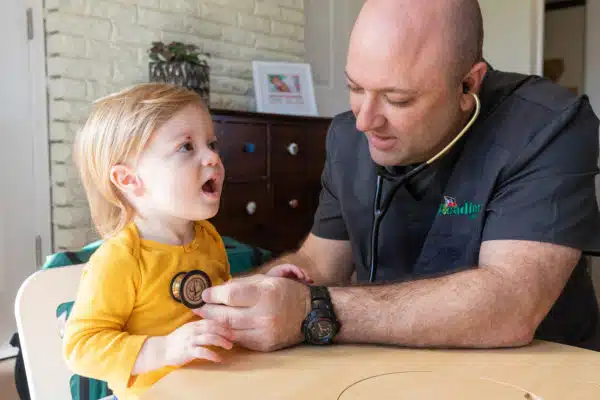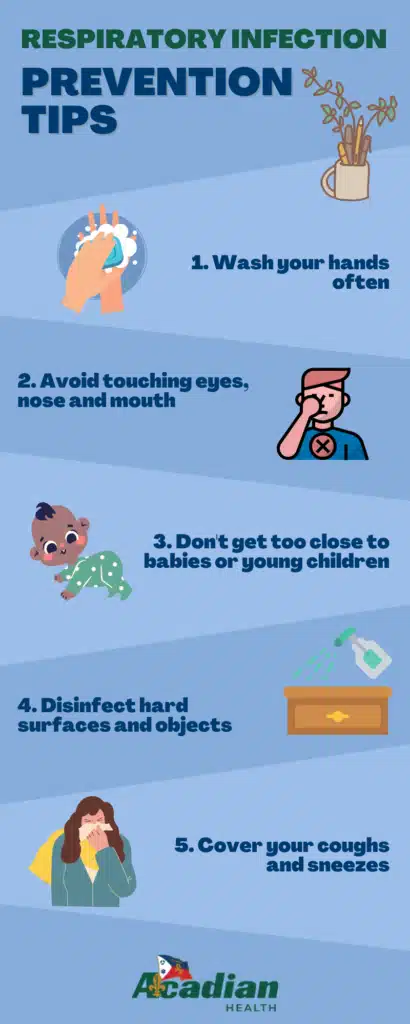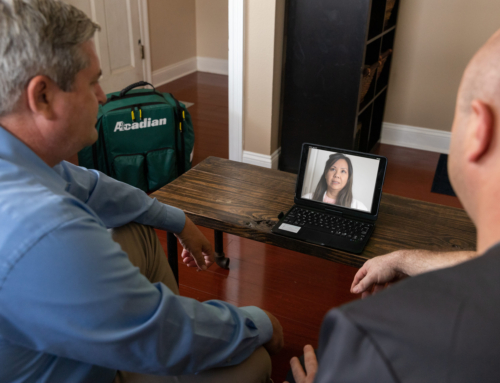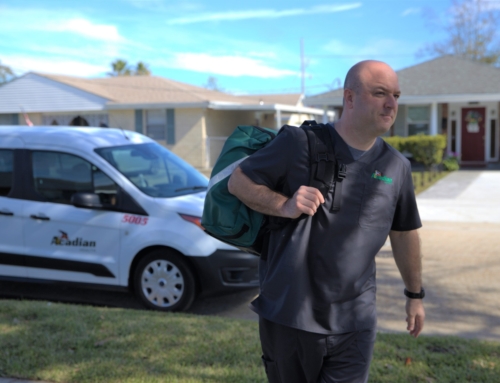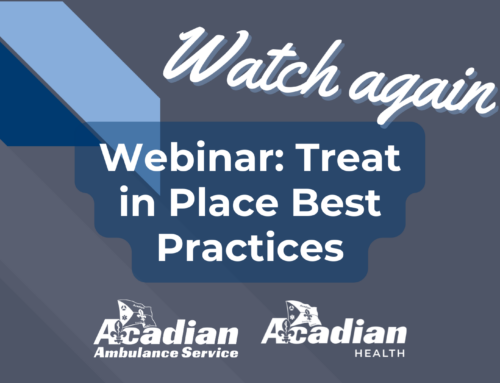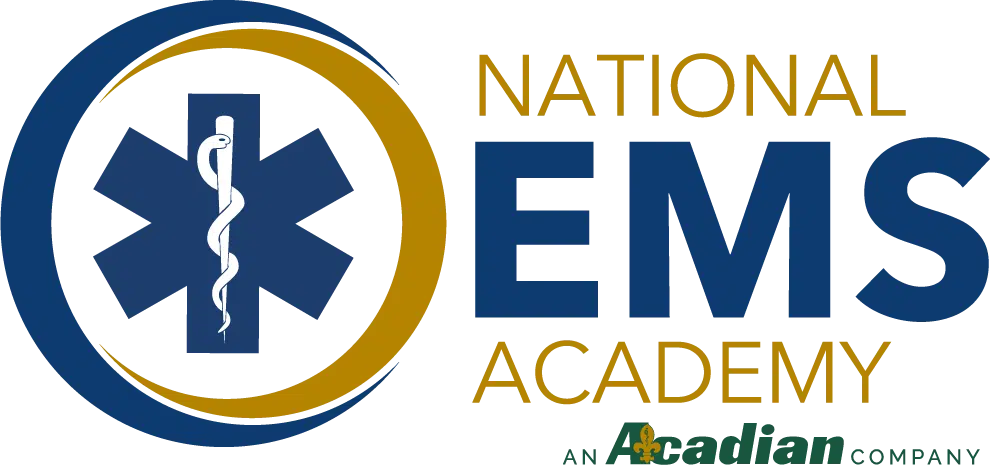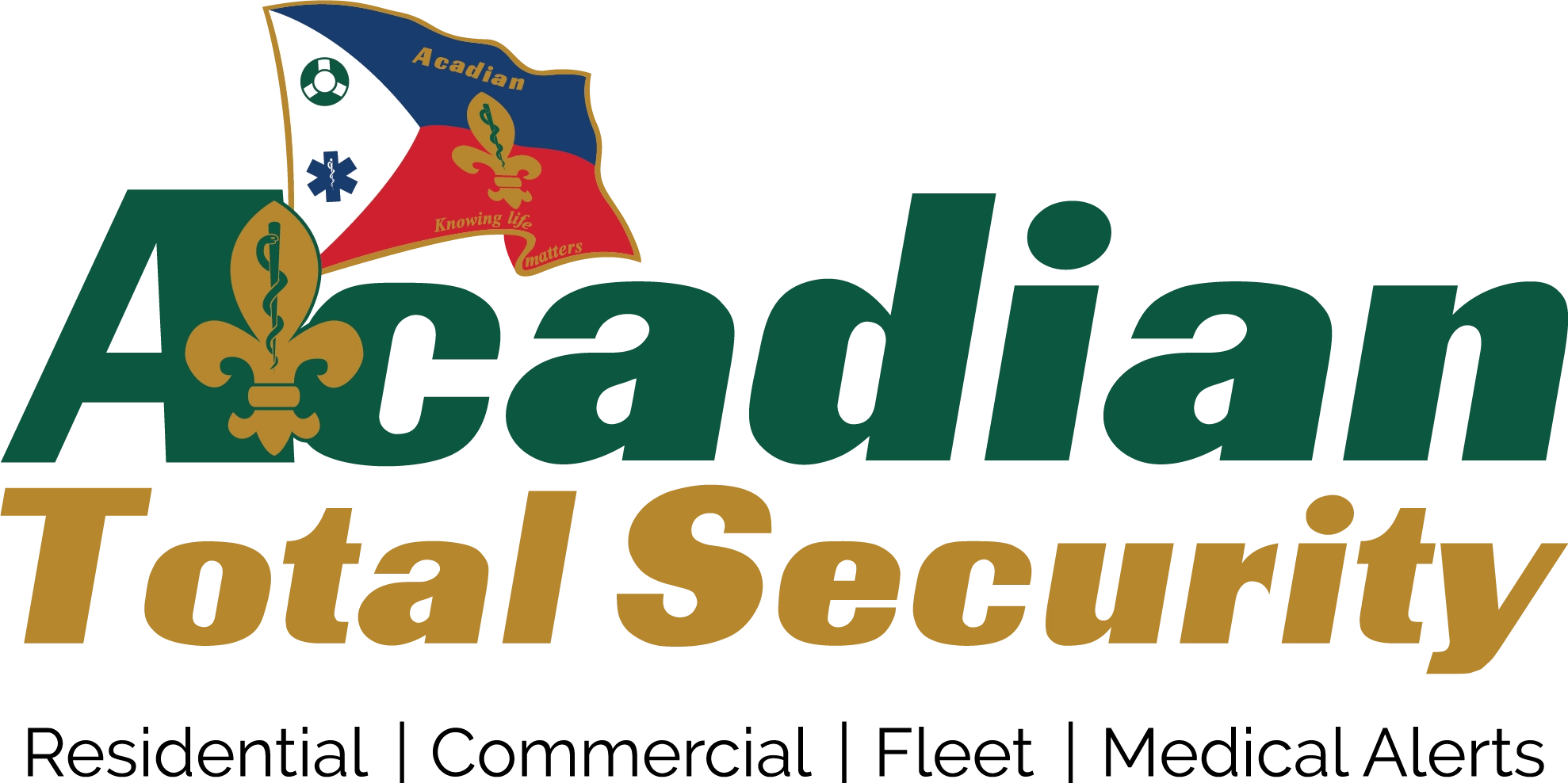With pediatric cases of RSV, flu and other respiratory infections surging nationwide, doctor’s offices and hospitals are seeing an influx of patients. The thought of waiting with your sick child to be seen by a physician in a crowded emergency room can be scary for parents or caregivers. It can be uncomfortable, prolonged, and children are especially vulnerable to being around other sick people.
Home-based healthcare is a comforting alternative to an emergency room visit. If your child is sick with RSV, flu or other respiratory illnesses, an experienced healthcare professional can visit and treat them at home. You wait in comfort, reduce exposure to other illnesses, and receive the same level of care as you would in a doctor’s office, urgent care or emergency department. Symptoms can be appropriately managed, medication can be administered, and patients can recuperate in the comfort of their home.
Virtual and at-home care can help to bridge the gap and, ultimately, help patients before they reach an emergency status. In a personalized care ecosystem, primary care providers function as the hub, with the patient at the center. Providers will see patients in person, engage them virtually, and in some cases use in-home acute care providers accessing more clinical data and clinical resources to improve outcomes and reduce costs.
General tips to avoid respiratory infections in babies and children:
- Avoid kissing your baby if you have cold symptoms.
- Clean and disinfect hard surfaces, including toys.
- Don’t let anyone smoke around your baby.
- If possible, keep your baby away from anyone, including siblings, with cold symptoms.
- Keep your baby away from crowds.
- Wash your hands often, especially after contact with anyone who has cold symptoms.
- Have people wash their hands before they touch your baby.
- Wait until children are fever-free for 24 hours before returning to school or daycare.
- Avoid touching your eyes, nose or mouth.
- Cover your mouth and nose with a tissue, or cover with your elbow, when coughing or sneezing.

